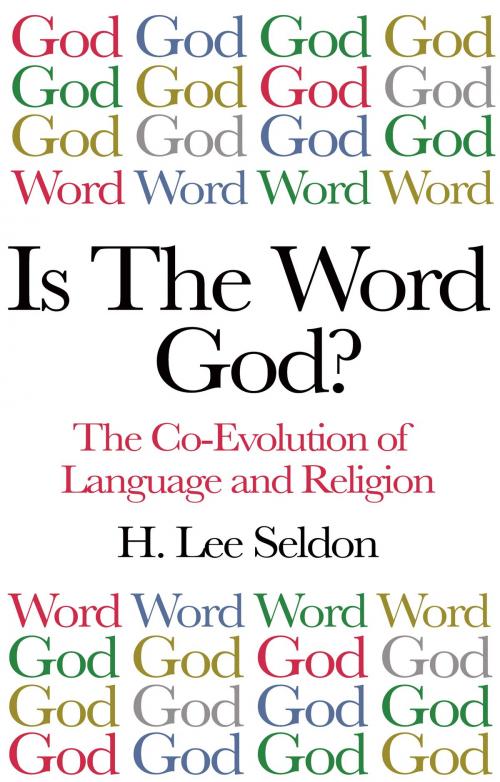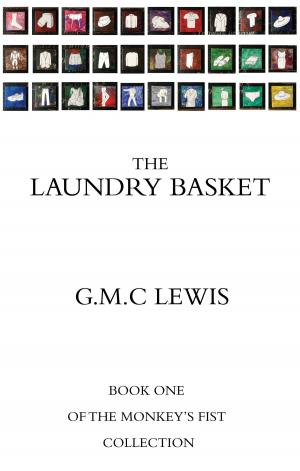Is The Word God?
The Co-Evolution of Language and Religion
Nonfiction, Religion & Spirituality, Bible & Bible Studies, Reference| Author: | H. Lee Seldon | ISBN: | 9781785896163 |
| Publisher: | Troubador Publishing Ltd | Publication: | March 12, 2018 |
| Imprint: | Matador | Language: | English |
| Author: | H. Lee Seldon |
| ISBN: | 9781785896163 |
| Publisher: | Troubador Publishing Ltd |
| Publication: | March 12, 2018 |
| Imprint: | Matador |
| Language: | English |
Language evolved to describe the observable universe – to define objects, their attributes and behaviors, and also their relationships. Language, when it began to include grammar, allowed for explanations of these observations… but it also introduced questions. Thus, explanations were required. Some questions could be answered quite easily with the existing language components, others could not… and for the latter, the concept of deity was created in language. Thus, human language led to the human concept of God as part of the description of the observable universe, the component that describes the inexplicable or indescribable. All of the literature about God has one feature in common; it all uses language, the Word. The entire discussion about God or God's existence uses a medium which all of the discussants, including Richard Dawkins and Paul Davies, ignore – language. All of the holy books in all of the world's religions use language. Jesus taught through language, and because his listeners understood his language and trusted the speaker, they believed. The same is true for all of the prophets of all of the religions. Language has always been, and remains today, the "medium" for discussing God – yet authors both ancient and modern have often overlooked the crucial role of this medium when considering God. But without the medium of language, there would be no concept of God and therefore no discussion. This booklet has the reply to Chomsky's "language instinct" and to Dawkins' "God delusion". They are closely related. It also explains the God or Gods of religions past and present.
Language evolved to describe the observable universe – to define objects, their attributes and behaviors, and also their relationships. Language, when it began to include grammar, allowed for explanations of these observations… but it also introduced questions. Thus, explanations were required. Some questions could be answered quite easily with the existing language components, others could not… and for the latter, the concept of deity was created in language. Thus, human language led to the human concept of God as part of the description of the observable universe, the component that describes the inexplicable or indescribable. All of the literature about God has one feature in common; it all uses language, the Word. The entire discussion about God or God's existence uses a medium which all of the discussants, including Richard Dawkins and Paul Davies, ignore – language. All of the holy books in all of the world's religions use language. Jesus taught through language, and because his listeners understood his language and trusted the speaker, they believed. The same is true for all of the prophets of all of the religions. Language has always been, and remains today, the "medium" for discussing God – yet authors both ancient and modern have often overlooked the crucial role of this medium when considering God. But without the medium of language, there would be no concept of God and therefore no discussion. This booklet has the reply to Chomsky's "language instinct" and to Dawkins' "God delusion". They are closely related. It also explains the God or Gods of religions past and present.















